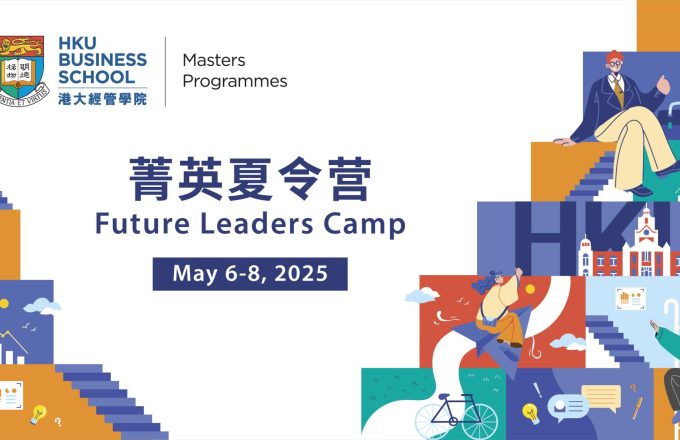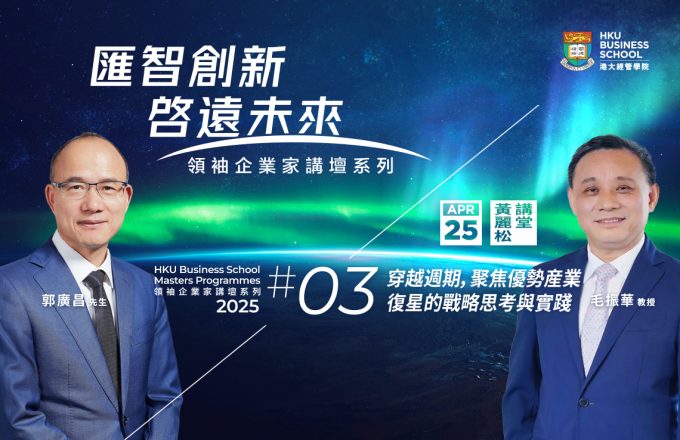
“How Parental Consumption Decisions Influence Self-Concept Clarity in Preadolescent Children” by Dr. Xiuping Li
Associate Professor
NUS Business School
This research investigates how parents’ consumption choices for their preadolescent children (aged 9-12 years) affect the children’s self-concept clarity. In four studies, we demonstrate that making experiential consumption (vs. material consumption) salient may lead to an increase in children’s self-concept clarity, which positively influences their well-being. Furthermore, the influence of consumption type on self-concept clarity and well-being is not monotonic. It is moderated by (1) the extent to which children perceive that their parents’ choice is driven by social influence and (2) whether the children hold high versus low interdependent self-construal. By measuring the proportion of experiential consumption expenses on children at the household level (reported by parents) or experimentally manipulating the salience of different types of consumption, we demonstrate not only the associative but also the causal link between parental choice of consumption type and self-concept clarity in preadolescent children.







